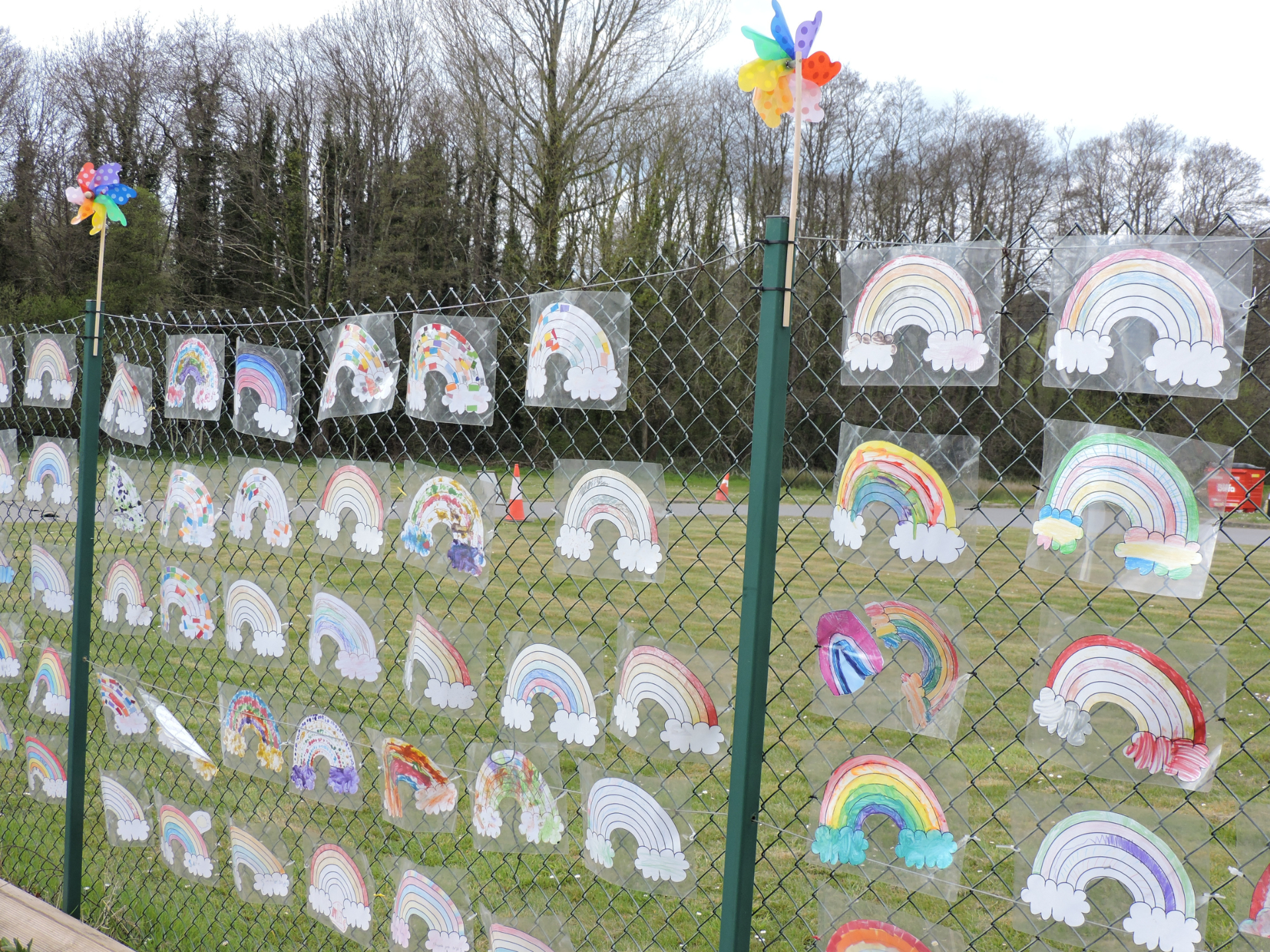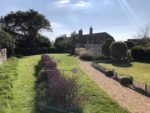As Isle of Wight children head back to school after a turbulent 18 months following the height of the Covid pandemic, schools will be focusing on ways for students to catch up while keeping everyone safe.
Scotland saw its schools head back during August and has seen a rise in cases but the focus here will remain on infection, prevention and control measures, said the Isle of Wight Council’s assistant director of education.
Pope: Spaces will be well ventilated
Speaking at a council scrutiny meeting for children’s education, Brian Pope said to keep pupils, teachers and staff safe, spaces will be well ventilated, cleaning regimes maintained and continued messaging to signs and symptoms, isolation and testing advice.
Not everything will be the same for students as it was in the summer term, as national restrictions have been lifted.
Some of those include:
- Discretionary wearing of face masks, apart from on public transport
- No expectation to group students in bubbles
- Pupils who are close contacts of Covid cases will not have to self-isolate unless they are showing any symptoms, although it is advised they have a PCR test
Fewer schools may close due to Covid
With the changes to the restrictions, there may be fewer schools closing or classes being sent home to isolate.
Under the new guidance, schools will have to reach a threshold before they need to seek advice from public health teams and even then it does not mean schools may close.
The new thresholds
In schools with more than 20 pupils, that threshold will be if either five or ten per cent of students or staff (who are likely to have mixed) test positive within a ten-day period.
If the threshold is reached it may be advised that contingencies in the school’s risk assessments be ramped up, such as mandatory face mask wearing for a period of time.
Vaccinations for older pupils
Older pupils have been offered a dose of a Covid vaccine, following a national rollout during August, with figures from the council saying 68 per cent of the 16 to 17-year-olds across Hampshire and the Isle of Wight have been vaccinated.
Younger pupils, who are not clinically vulnerable, have not yet been offered a vaccine but Mr Pope said he was part of a series of national discussions about a potential programme for 12 to 15-year-olds.
He thought a vaccine programme would be brought in and run through schools in partnership with public health.
Different stages of learning
Over the pandemic, the majority of pupils were taught online while schools were open for vulnerable pupils, so Mr Pope said no generalisation could be made to say how far behind some pupils may be.
Some students were further ahead in their learning having had extra support at home whereas some pupils will need to be worked with to get their education progress back on track.
Ways to address this will be determined in school but overall some of the ‘fluffy things’ would be stripped away in the school curriculum so only the key learning objectives would be taught.
This article is from the BBC’s LDRS (Local Democracy Reporter Service) scheme, which News OnTheWight is part of. Read here to find about more about how that scheme works on the Island. Some alterations and additions may have been made by News OnTheWight. Ed





